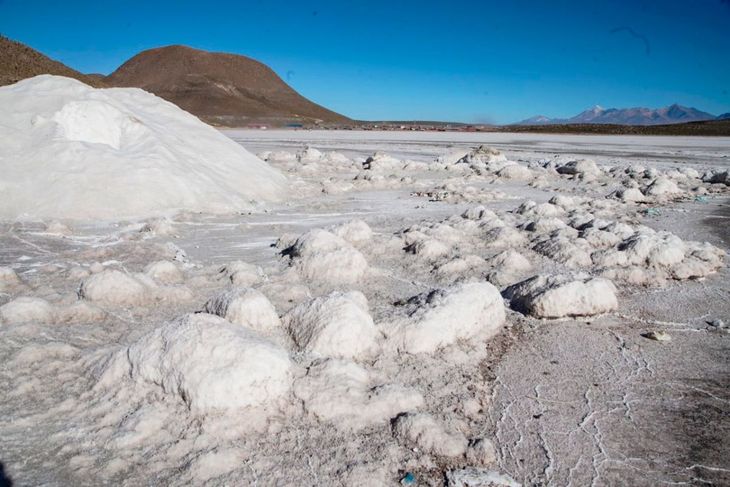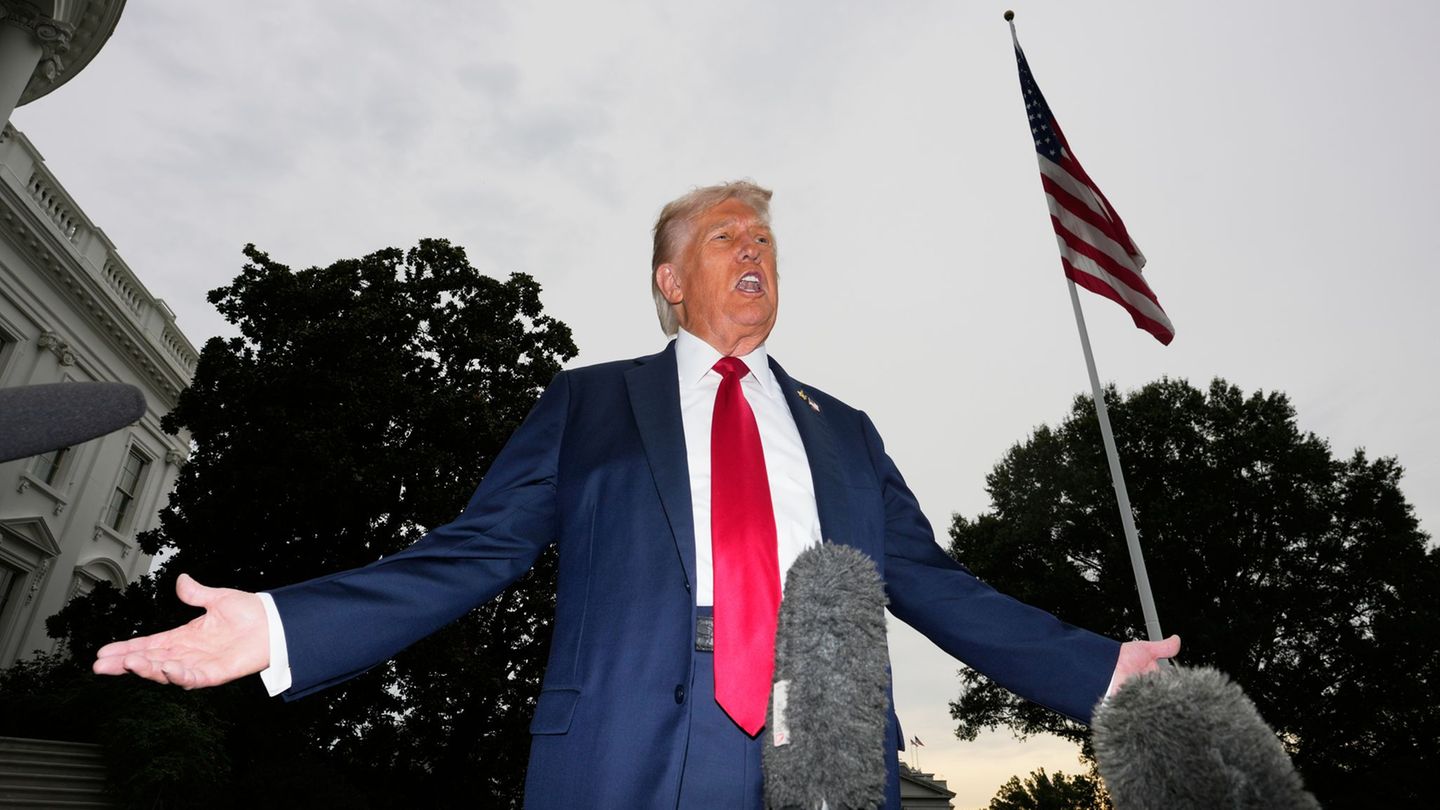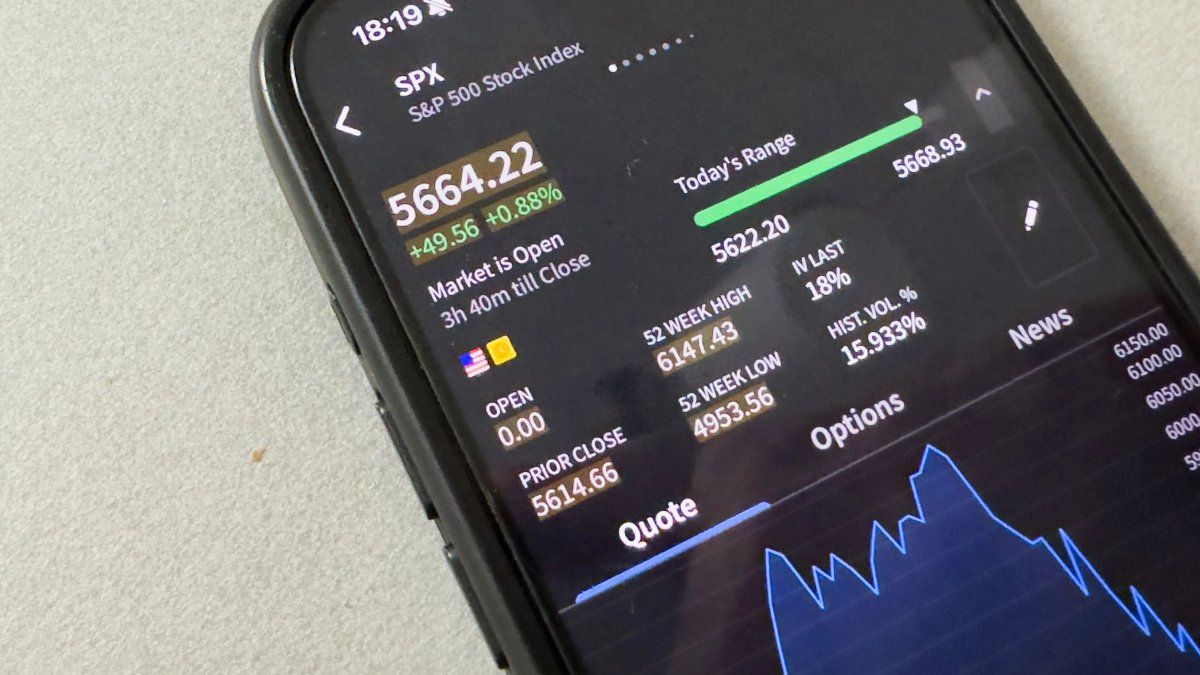bolivian announced this Thursday that the estimate of its reserves of lithium increased from 21 to 23 million quantified tons, figure that locates it in first place in the world in terms of potential mineral availability.
“We have been doing explorations with the Bolivian Lithium Deposit (YLB) to quantify the lithium reserve we had; we had 21 million tons before the studies in Coipasa; it was quantified and the good news is that it consolidates the country as the first reserve of lithium on the planet: we have 23 million tons,” said the president Luis Arce.
Act and announcement of Luis Arce
The head of state spoke precisely in the municipality of Coipasa, in the department of Oruro, whose deposits, together with those of Pastos Grandes and Uyuni, are those that make up the total reserves of the country.
For the quantification tasks, 66 wells were drilled in the salt flats, 46 in Coipasa and 20 in Pastos Grandes.
“We are, without a doubt, the first lithium reserve on the planet and we have to know how to manage it intelligently,” Arce reiterated, according to the Sputnik news agency.
Luis Arce Bolivia.jpg
The Bolivian Government, through YLB, is executing an exploration and quantification program in salt flats such as Cañapa, Capina, Chiguana and Empexa, which will further increase lithium reserves in national territory.
The president informed that several European countries expressed their interest in acquiring this resource, investing and participating in the industrialization process, with the consequent development and growth for the Bolivian people.
He also made it clear that any project must have State participation, which is why he created a company.
Industrialization of lithium in Bolivia
The lithium industrialization stage currently includes an investment of 2,800 million dollars in agreement with the Chinese companies CBC (Catl Brunp & Cmoc) and Citic Guoan Corporation; and a Russian Uranium One Group, from the Rosatom Corporation.
Lithium bolivia.jpg

In fact, the act was the start-up of the infrastructure works (route and high voltage network) that will allow the construction of the direct lithium extraction plant of the Chinese consortium CBC.
Part of the territory of Bolivia, Chile and Argentina make up the so-called “Lithium Triangle”, where it is estimated that half of the world’s reserves are.
While Chile and Argentina rely on a model of direct association with private companies, Bolivia created YLB in 2017.
The price of lithium rose from about $5,700 per ton at the end of 2020 to more than $60,000 per ton just two years later.
Source: Ambito




